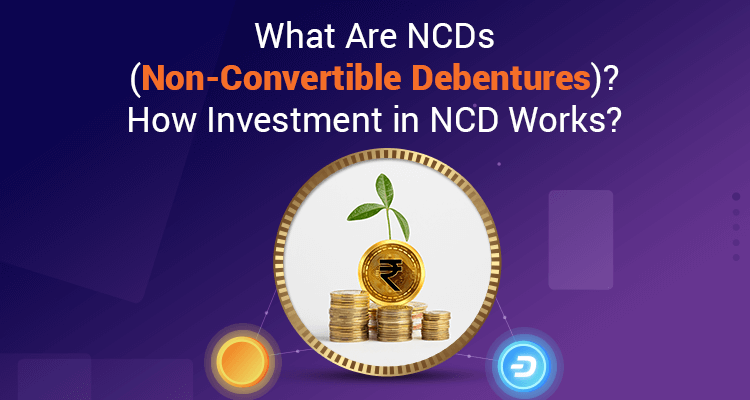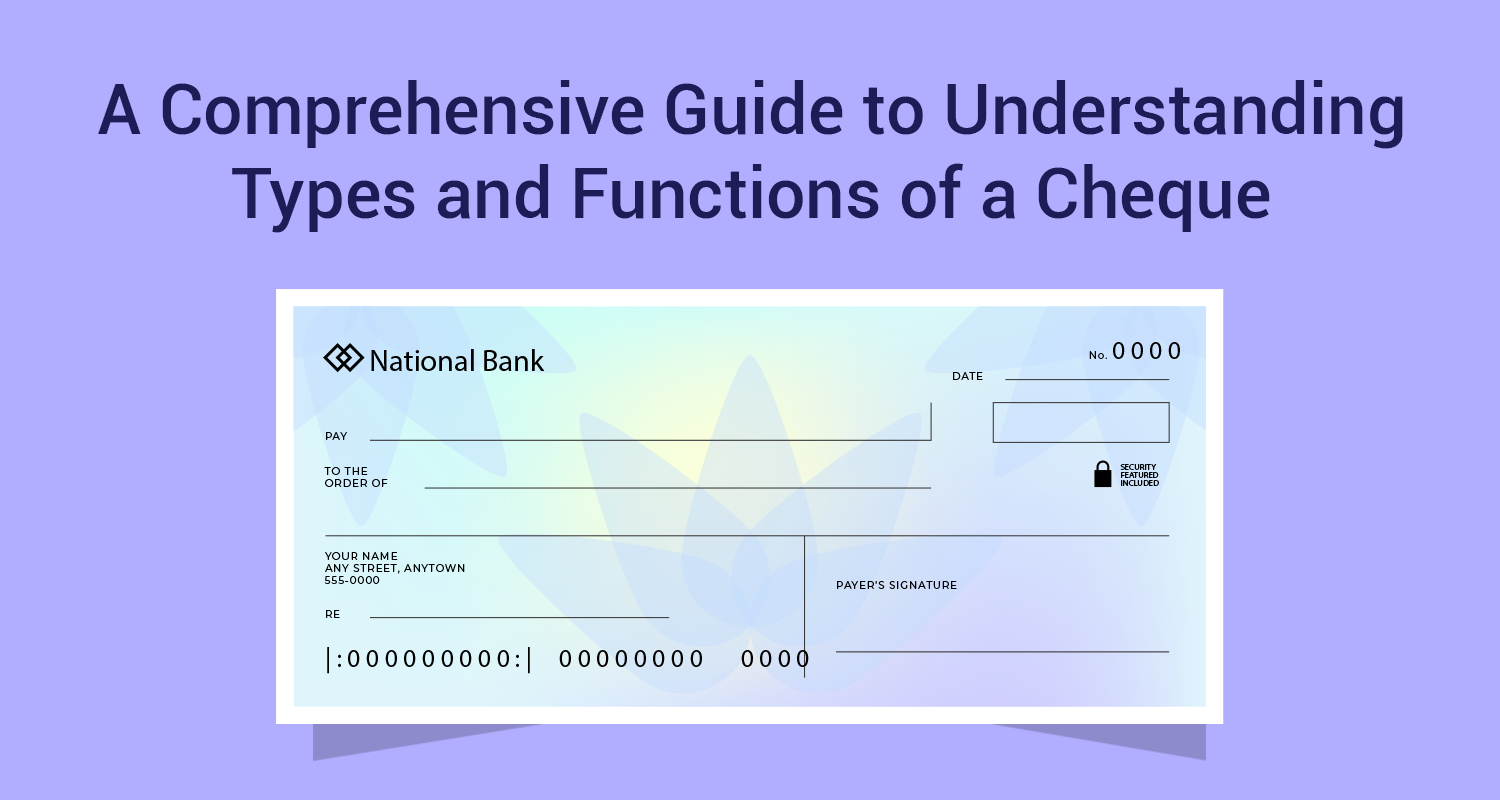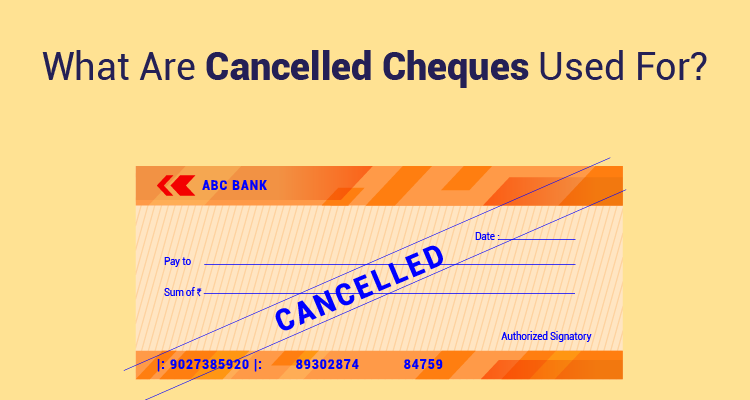What Are NCDs (Non-Convertible Debentures)? How Investment In NCD Works?
Table of Contents
The Indian securities market is a one-stop solution for anyone who wants to invest and build wealth over time. If you are an investor who can take increased risks to earn returns can invest in equities. On the other hand, if you are among the risk-averse investors, you can invest in debt instruments that offer a safer way to invest and acquire regular interest payments without much volatility.
One such ideal debt instrument to earn a steady income is debentures.
What Are Debentures?
Debentures are financial instruments belonging to the debt class of the securities market that allows registered entities, such as companies, to raise capital from the public. Companies issue debentures to the general public with a promise to pay regular interest to the buyer on the investment account.
The interest rate, also called the coupon rate, is a legal obligation for the debenture issuer and makes up for regular income for the debenture buyer. There are two types of debentures that an entity can issue in the Indian securities market; Convertible Debentures and Non-Convertible Debentures.
What Are Non-Convertible Debentures?
Most companies that give a debenture are public companies with their shares listed on the stock exchanges. As debentures are debt instruments, some companies allow the conversion of the issued debentures to stocks after a specific time. However, non-convertible debentures do not allow converting the issued debentures to shares.
Non-convertible debenture meaning refers to a debt instrument (debenture) that the buyers can not convert to shares or equities at any point of time until maturity. With an NCD investment, buyers can buy or sell the instrument or earn interest payments based on the interest rate set by the NCD issuer. Individuals, primary dealers, banking companies, corporate bodies, and unincorporated bodies can make NCD investments In India.
Types Of Non-Convertible Debentures
There are two types of non-convertible debentures in India:• Secured NCDs:
Secured NCDs are non-convertible debentures backed by the issuing company's assets. These are safer as the investors can claim payments through the liquidation of company assets in case the company defaults on interest payments.• Unsecured NCDs:
Unsecured NCDs are non-convertible debentures that issuers do not back with their assets. Since investors can not claim compensation through liquidating assets, unsecured NCDs are riskier than secured assets.How Does Investment In NCD Work?
Non-convertible debentures come with a minimum investment amount that differs from issuer to issuer and is predefined in the NCD contract. The issuers also set an interest rate called the coupon rate to detail how much the investors will get as a percentage of their principal amount as recurring interest.
For example, if you have invested Rs 50,000 in an NCD with a 4% coupon rate, you will get Rs 2,000 as the interest payment. The issuing company lists the non-convertible debentures on the stock exchanges, which are allotted based on a first come, first serve. Similar to bonds, NCDs also have a maturity date when the issuer returns the principal amount to the investors.
Conclusion
Along with investments in other asset classes, investors can invest in less volatile and risky instruments such as NCDs to earn a regular income. However, before investing in NCDs, you must open a Demat and trading account. Click here to open an account with India’s leading stockbroker offering free Demat and trading accounts for investing in NCDs.FAQs
Q.1: How can I buy Non-Convertible Debentures?
Ans: NCDs are listed in the secondary market on the stock exchanges. You can open a Demat and trading account with IIFL to purchase NCDs, similar to buying shares.
Q.2: What is the interest rate on NCDs?
Ans: The NCD issuing company sets the interest rates on every NCD, which differs based on the issue size and maturity. Generally, interest rates on quality NCDs range from 5%-9%.
Disclaimer : The information in this blog is for general purposes only and may change without notice. It does not constitute legal, tax, or financial advice. Readers should seek professional guidance and make decisions at their own discretion. IIFL Finance is not liable for any reliance on this content. Read more




